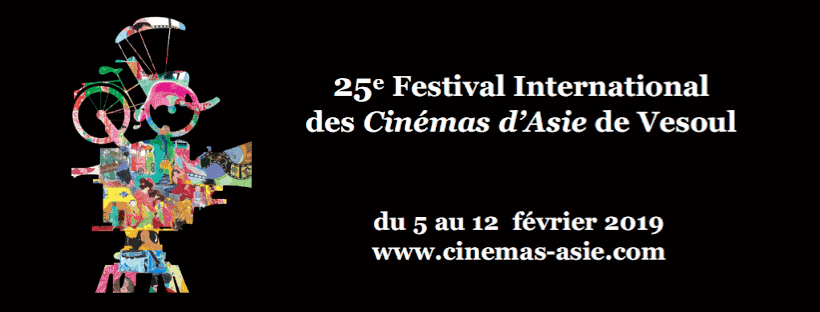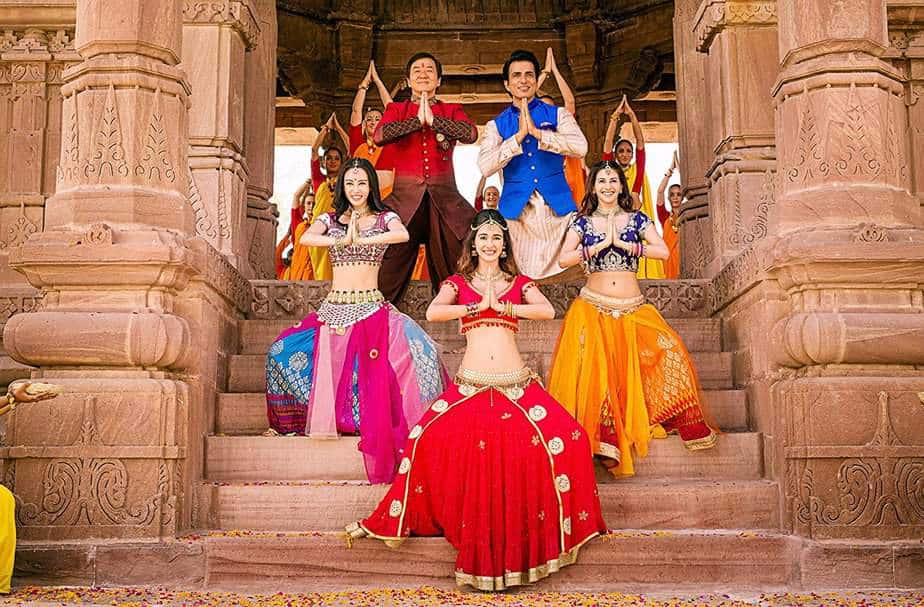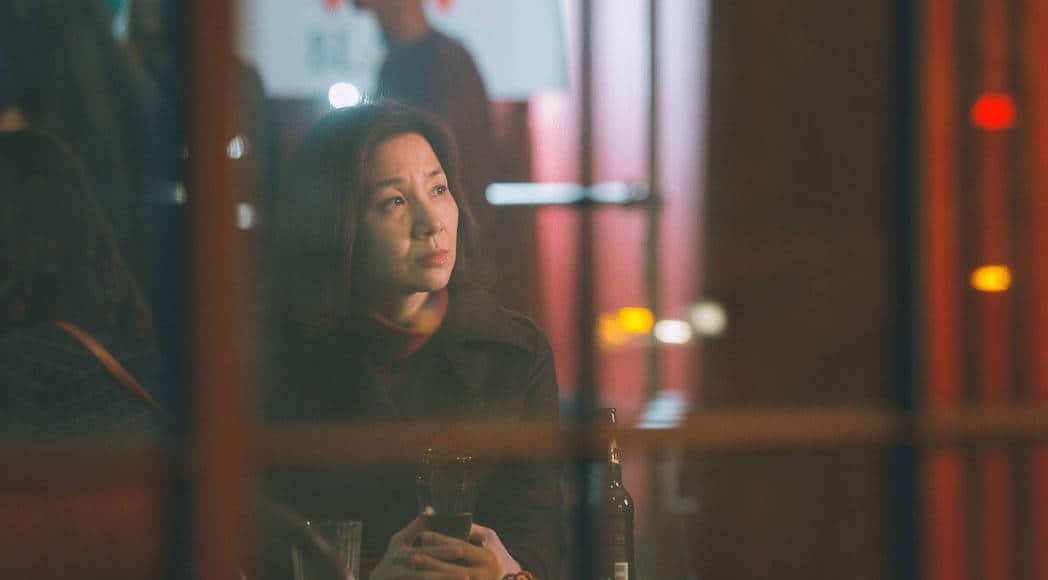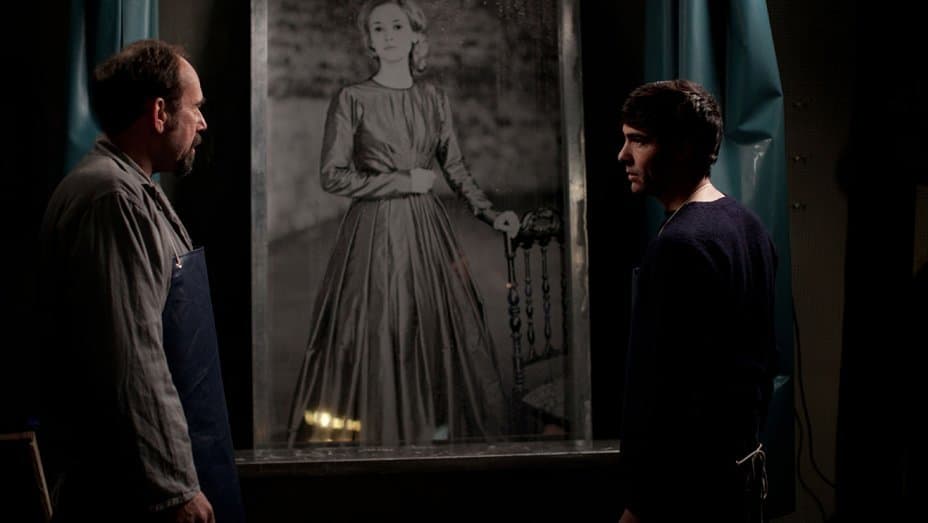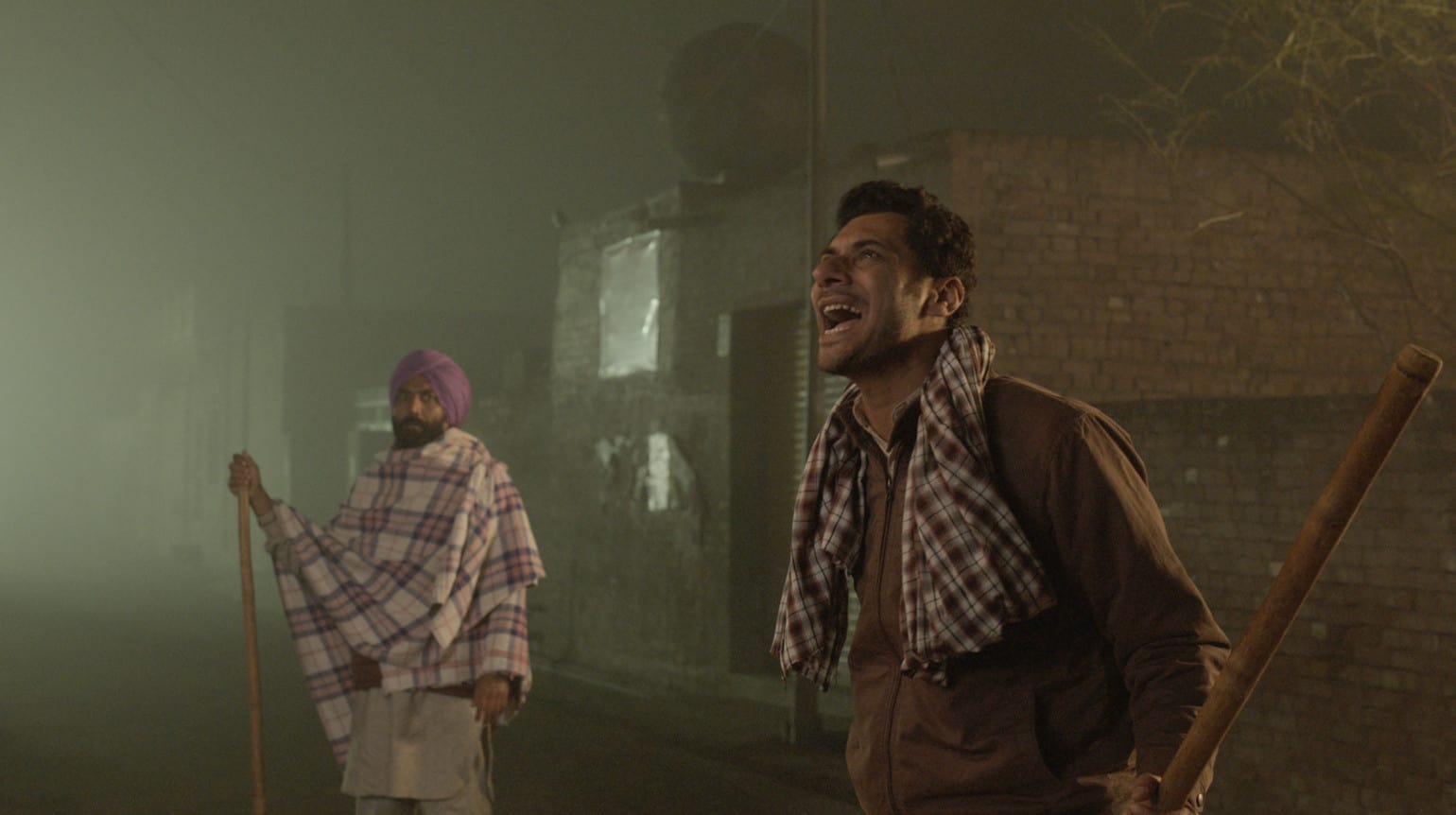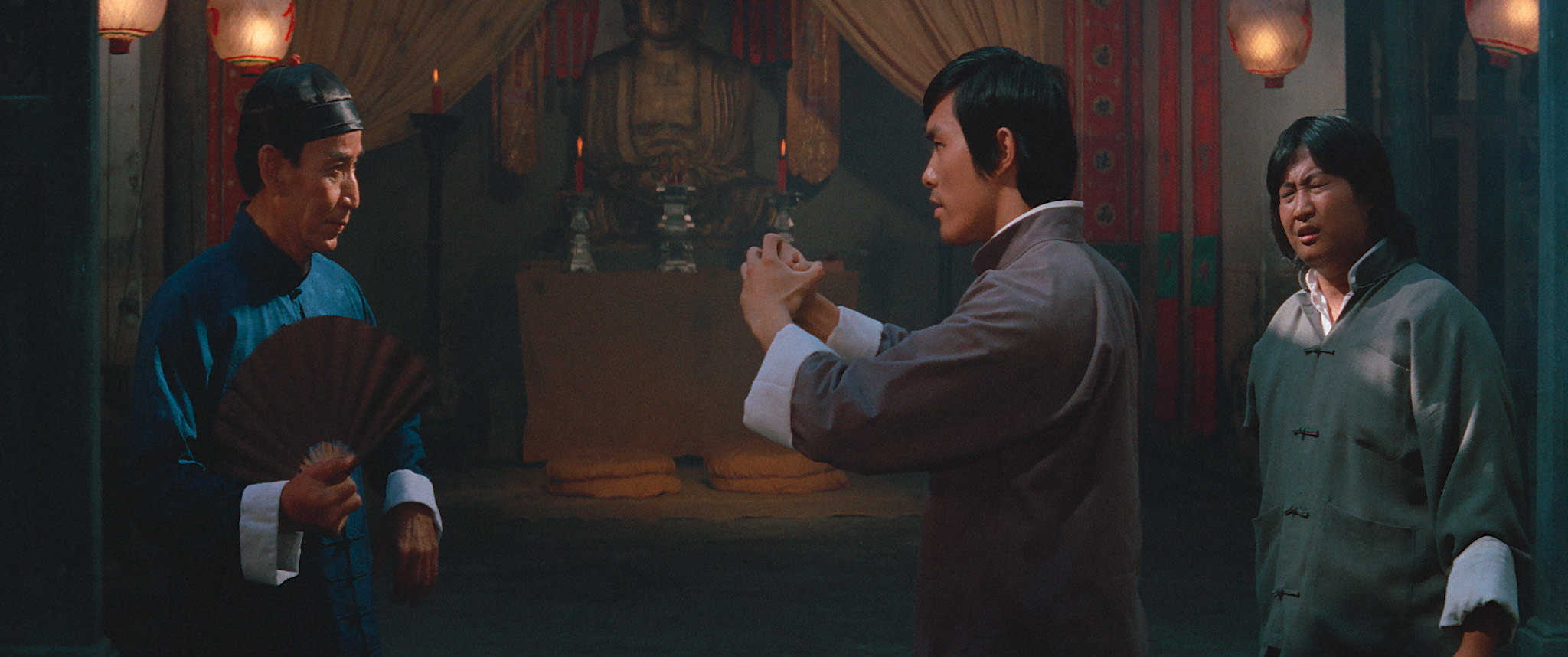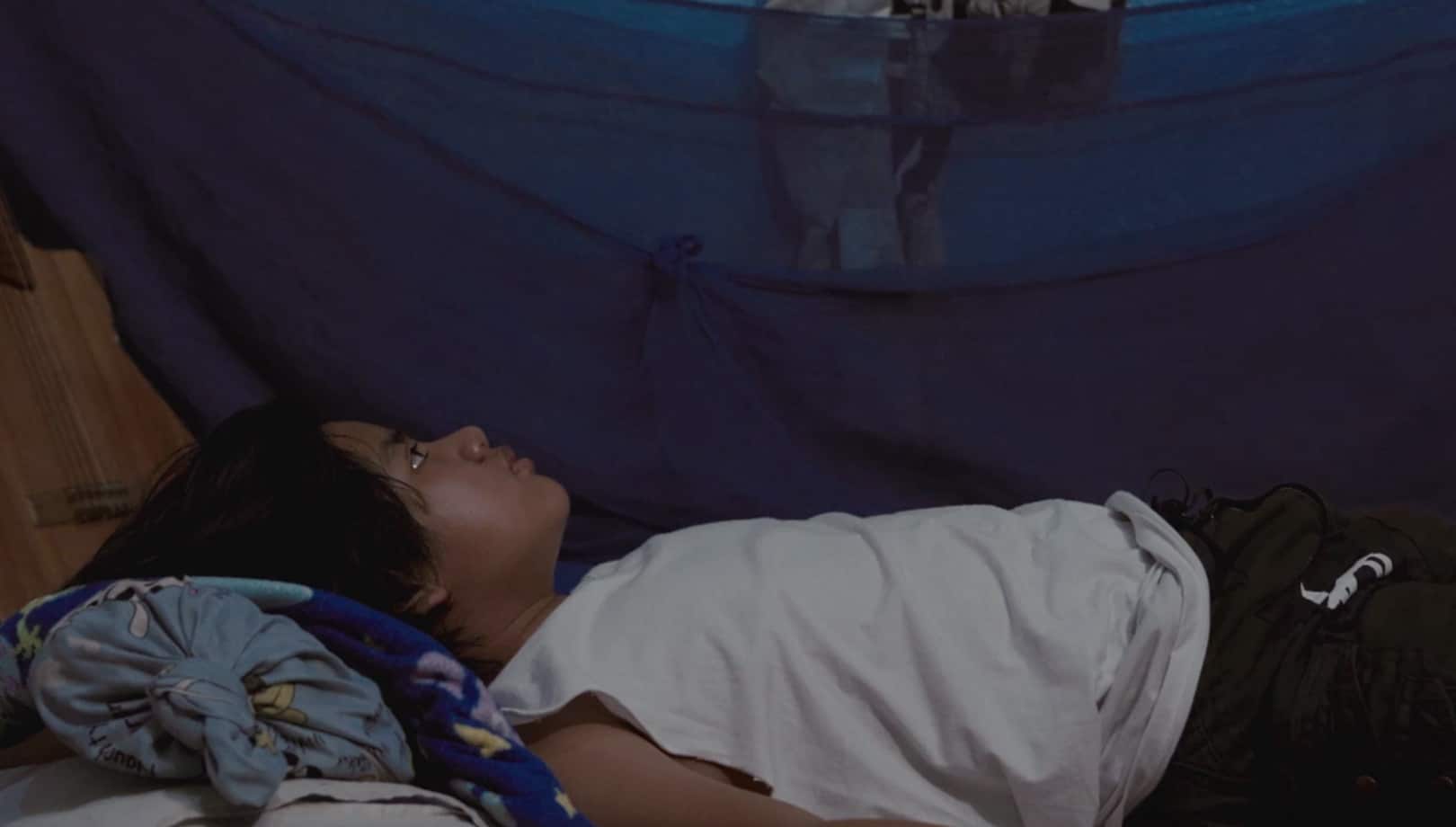Straying quite far away in terms of aesthetics from the multi-awarded “Tharlo”, Pema Tseden directs a much more approachable film that lingers between the road movie and the western, before it concludes in complete deliriousness. Let us take things from the beginning, though.
The story takes place in Kekexili, a secluded area in Tibet which is considered the largest and highest plateau in the world. The protagonist, Jinpa, is a truck driver dressed like a rock star, who listens to classical music in his car as he carries his cargo across the barren roads of the area. Two occurrences, however, completely change his fate. The first one takes place when he hits a stray sheep on the road, killing it and eventually taking it with him, and the second when he picks up a young man who is hitching a ride, also named Jinpa. The young man reveals that he is out to kill a man who wronged him in the past, before the first Jinpa drops him off at a junction.
“Jinpa” is now available to stream on OVID.tv
The two incidents seem to bother the driver, and although the sheep issue is solved with a visit at the local monastery, the stranger and his words linger on Jinpa's mind, to the point that he cannot even have sex with the girl he sees. After much pondering, he decides to visit the town the stranger was going to, where he ends up spending much time in the company of a sultry “hostess” in a rundown bar. As past and present come together through various flashbacks, the reality of what is going on becomes blurred.
Pema Tseden directs one of the best films of the year, particularly through a very entertaining mixing of genres, that also manages to have depth and substance, while providing food for thought. In that fashion, the concept of the truck driver who looks and occasionally acts like a rock star in the barren environment the film takes place in, unfolds like both Mad Max and a Sergio Leone western, with the scene in the bar on the road adding to this essence even more. And while the film unfolds like a strange road movie, the ending completely changes its whole perspective, blurring the actual events and putting the audience in a position of pondering what has actually happened, and where the borders of reality stop and those of fantasy and dream begin.

On another level, the film also functions as tour guide to a largely unknown area, although Pema Tseden retains the sense of uncertainty even in that part, as the various details (such as the tape player in Jinpa's truck) make the timeline of the story equally ambiguous.
Religion and the way people perceive and practice it is another topic, while Tseden also refers to the cycle of revenge and violence (which is actually a custom in the area), presenting them in the darkest colors. Add to all the above much subtle humor, and you have the gist of the narrative.

The film benefits the most by Jinpa's acting (the actor has the same name with the protagonist) who gives a truly great performance, despite the fact that he does not have many lines. As we watch him roaming in different places, with his sunglasses always on (the few moment he is not wearing them have their own significance), one can only appreciate his interactions with the people he meets, which include the other Jinpa, a butcher, a monk, a bump and a bar waitress, but also the moments he is just by himself, driving and singing opera.
And talking about the bar, the sequence there is probably the most entertaining in the whole film, with the interaction between Jinpa and Sonam Wangmo, who plays the sultry waitress, highlighting their chemistry, their acting abilities and Lu Songye's cinematography.

Visually, there are two scenes that stand out. The one with the “sex scene”, which is shot in a way that shares many similarities with Wong Kar Wai films, in a subtle but filled with context fashion, and the one with the vultures in the end, which is one of the main sources of the philosophical/social aspect of the film. These two scenes are probably the best specimens of the truly great work Lu Songye did for the film. Jin Di and Chakdor Kyab's editing is also quite good, allowing the film to unfold in a relatively fast pace, while the flashback cuts and the ones that lead the film into the path of uncertainty during the end are quite well placed.
“Jinpa” is a great movie that manages to combine a number of elements into a very entertaining and thought provoking package that will satisfy audiences of almost every kind.
“Jinpa” screened at
Festival des Cinémas d'Asie de Vesoul
